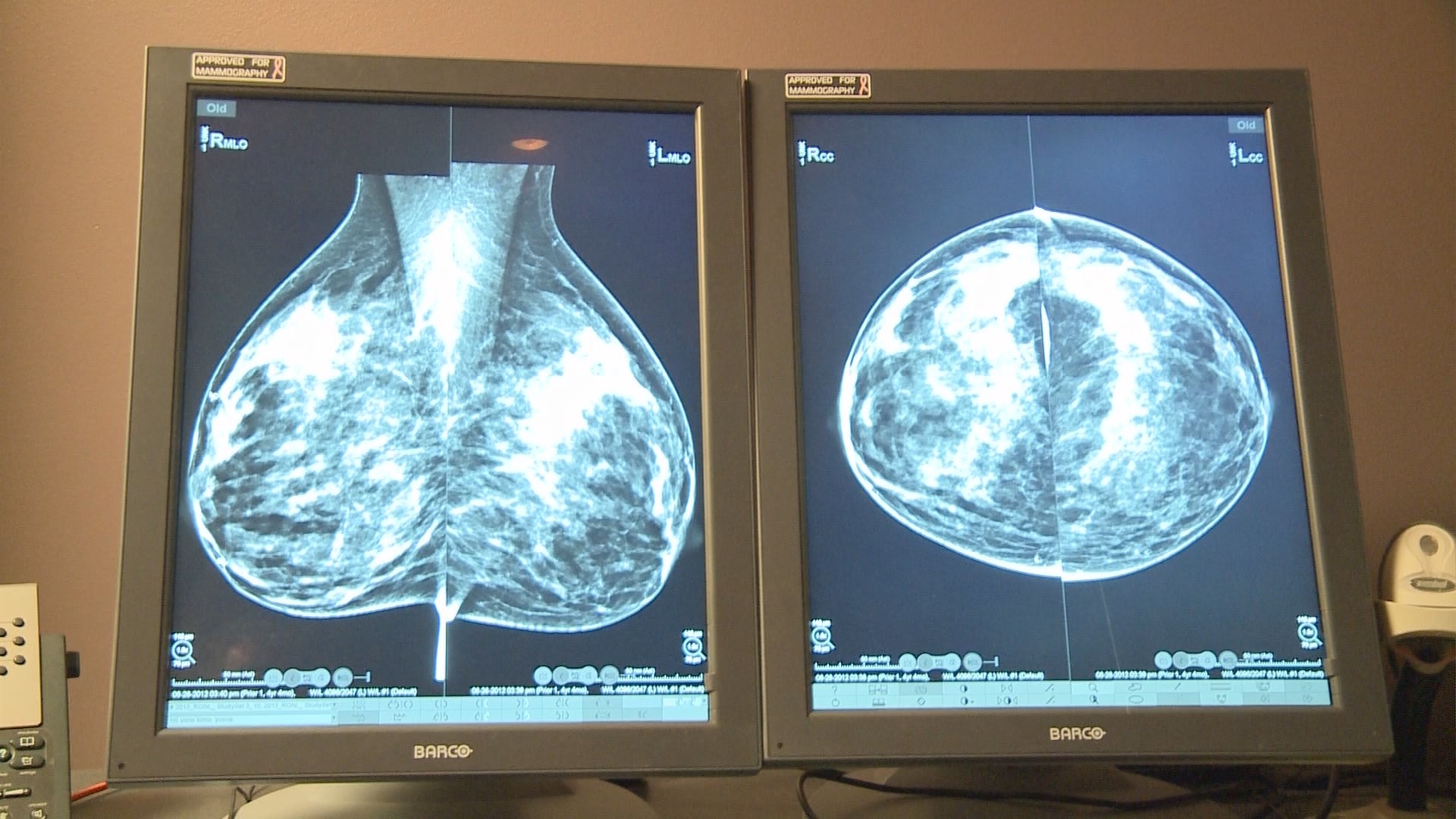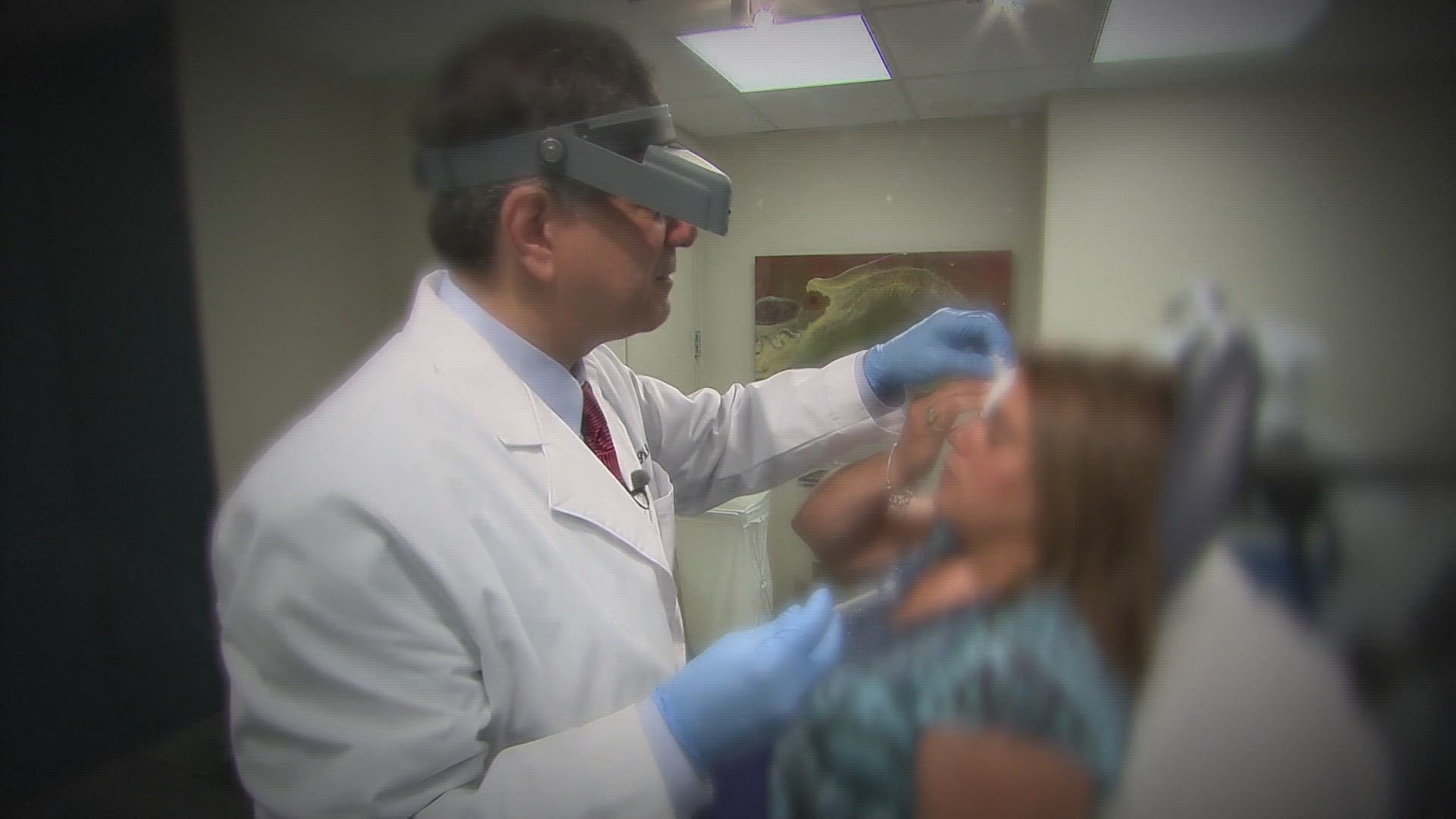Washington State has some of the highest breast cancer rates in the country, with an incidence rate above the national average. Among women in Washington, breast cancer is the most frequently diagnosed type of cancer and the second leading cause of death from cancer statewide.
However, efforts to pass a dense-breast law, a mandate in 27 other states, have failed since 2014.
A dense breast law would require radiologists to include information about a woman’s breast density in a post-mammogram letter. State Sen. Christine Rolfes, D-Bainbridge Is., introduced Senate Bill 6146 this year, but it failed to get a hearing before the Health Care committee.
“The proposed legislation was for the woman to be notified of the density of her breast, so basically to have all the information about her breast health that the radiologists are sending to the doctor,” she said. “ We are not mandating that there be more screening. What we would be mandating is that the woman have the same information as her doctor has so that she can decide if she wants to have further conversation with her doctor.”
The reason breast density matters, is that for some women, dense breasts can decrease the sensitivity of mammography. If this happens, there is a greater chance breast cancer could go undetected.
Opposition to the bill comes from organizations like the Washington State Medical Association, which wrote in a statement:
“The WSMA supports efforts to combat breast cancer for women in Washington State, but currently there is no scientific evidence that additional screening for dense breast tissue will decrease breast cancer mortality. Legislation that has been proposed in our state and passed in other states draws on incomplete conclusions from insufficient data on the subject of breast cancer screening. We believe it may confuse and worry otherwise healthy women and may lead to a significant increase in unneeded testing and invasive procedures for women and with markedly increased costs to the health care system.”
“Why in this state would you be opposed to women having information about their breast health?” wondered Rolfes.
She believes the opposition thinks women in the state will over-react to a letter that tells them they have dense breasts.
“There is an assumption we will freak out, if we see that,” Rolfes said.
There is new support in the medical community for a breast density law coming from the Washington State Radiological Society. Newly elected president, Pooja Voria, MD, has been working with Rolfes to craft new language for a future bill.
“We want women to be informed of their density, it’s on every single mammogram report,” she said. “We want women to know it's normal, so we want in the report that they get to know that it is a normal finding. They are not alone, half the women have dense breasts. That’s important for us to convey so there isn’t undo anxiety.”
Of the proposed changes to her bill, Rolfes said, “ What the radiologists sent my way is absolutely language we can live with.”
It is still too early to determine the impact of a breast dense law on survival rates, but a newly released study published in the Journal of the American College of Radiology (October 2016 Volume 13, Issue 10, p. 1189–1194) found supplemental screening ultrasound and MRI examinations among women with dense breasts increased after the implementation of the New Jersey law in 2014.


